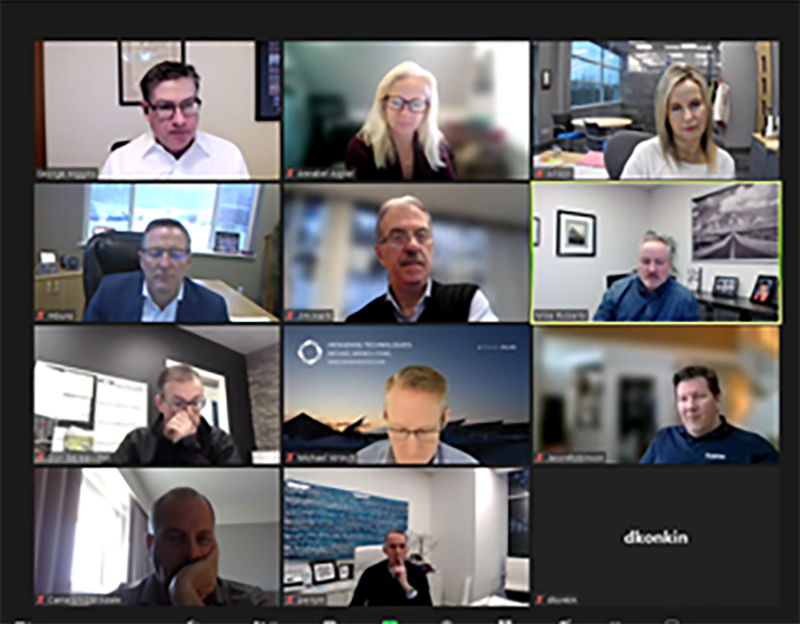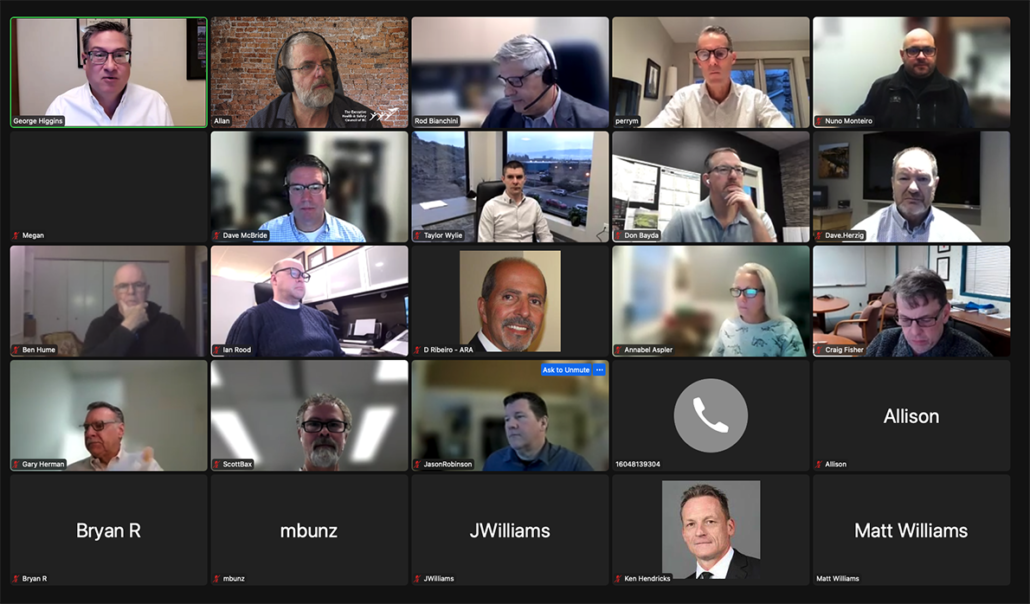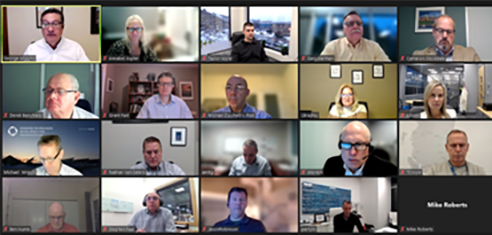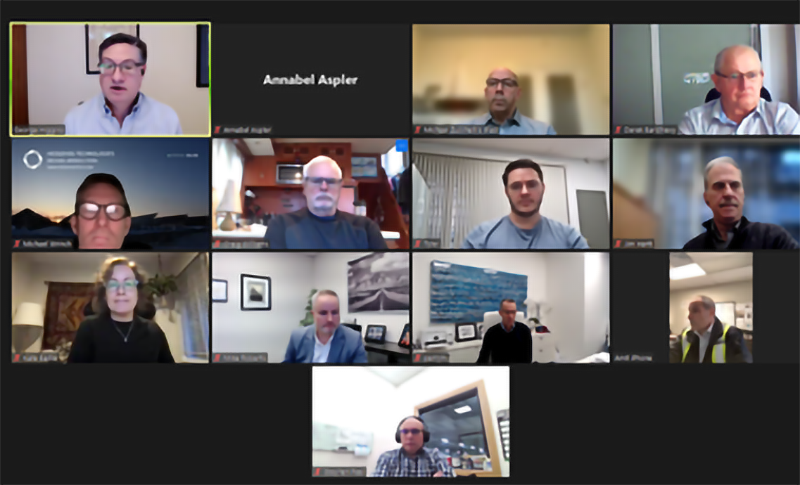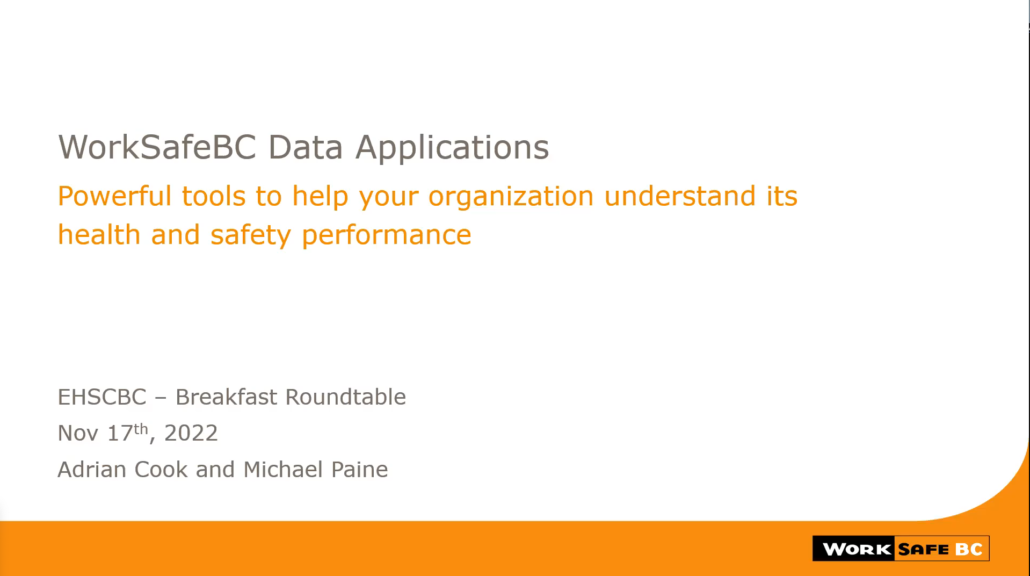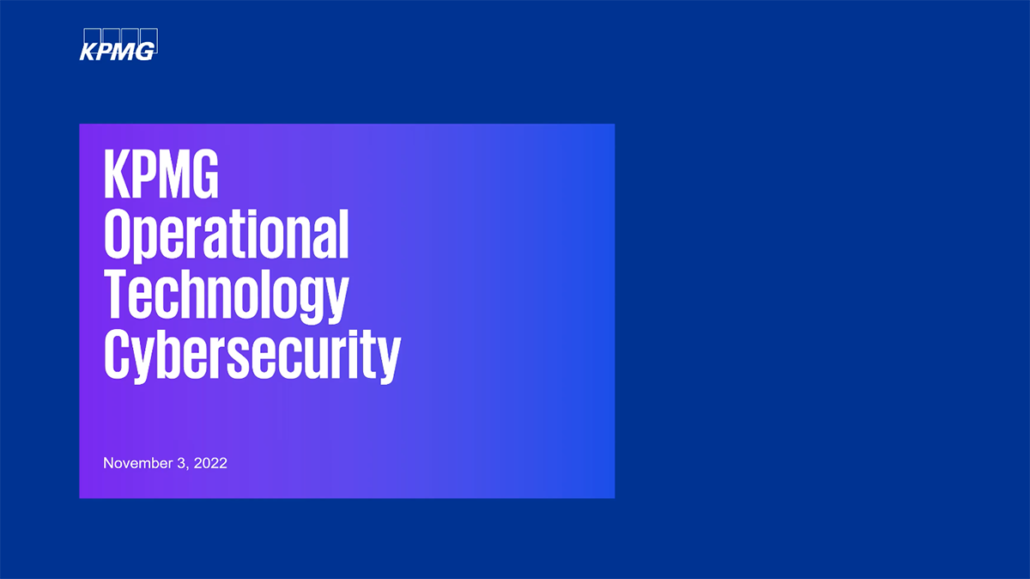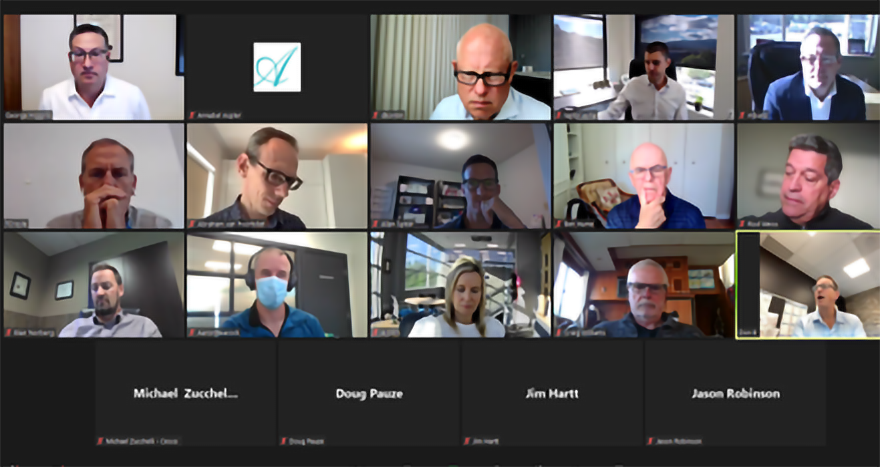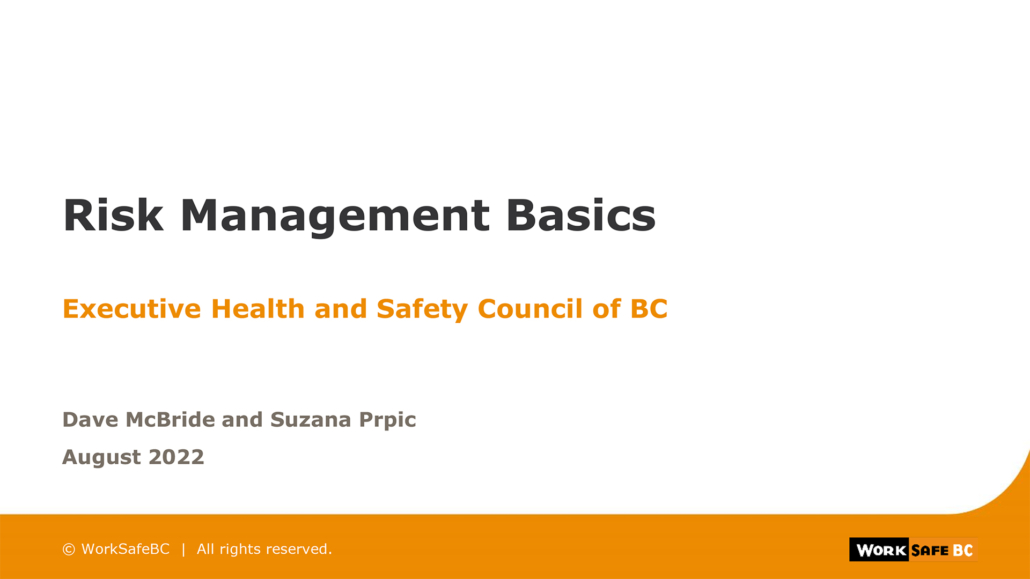BF at CFK-Feb 16, 2023
Site Visit to CKF a huge learning experience
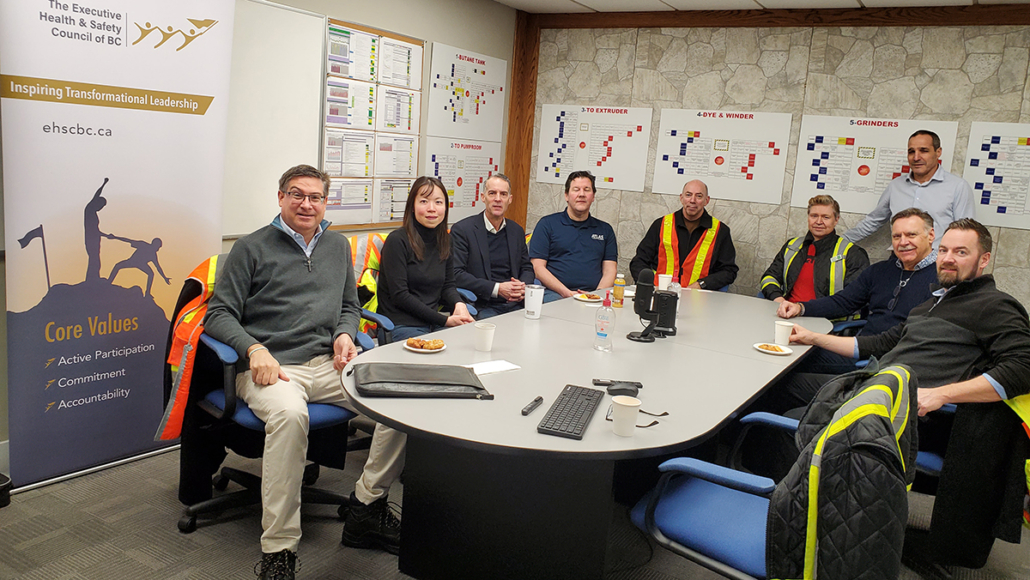
Thank you to Amit Golan and his team at CKF Inc. for sponsoring the first EHSCBC Site Visit of 2023. After a brief round-table introduction of attendees, Amit dove right in and “talked safety shop”. Responsible for over 350 workers, spread over 4 locations, Amit has taken his safety planning to a very high level, including regular “scheduled” fire drills, having brought in a vaccination clinic during the early part of the covid pandemic and empowering his team to bring any thoughts or suggestions on how to make the workplace more safe to the table. “Anything can be brought to the table, and if it makes sense and is achievable, we will do it”. Amit shared their “Pre-Accident Investigation Form”, designed as a proactive way to address safety issues. You can download a copy here to get a feel of how his aspect works.

After the conversation and light breakfast, attendees were taken on a tour of the plants, seeing some of the operations in work. Highlights included seeing meat packaging being created, and even with the realization that CKF supplies most of the West Coast’s (both Canada and the States) needs for such products, it was amazing to hear just how many pieces are created. The product is 100% recyclable, something that many attendees did not realize.
Attendees were also able to see the pulp aspect of the operations, where literally millions of egg cartons are produced. Odds are very good that if you had eggs for breakfast today, they were shipped in CKF’s product. As members walked through the plants, Amit would occasionally branch off to say hi to various team members on the floor, knowing their names and checking on how they were doing.
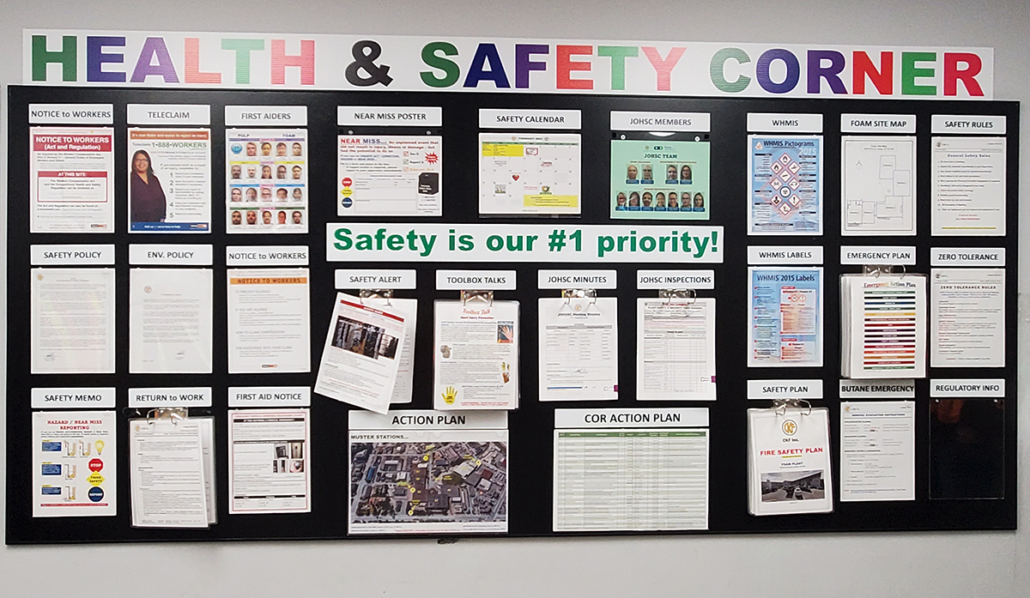
After a 2-hour visit, members went back to their workplaces recharged and invigorated. The side discussions led to many thoughts on what employers could be doing differently, and how regardless of industry there are many overlaps in members businesses where they can learn and share from their experiences.
If you would like to host a Site Tour of your operations please reach out to the EHSCBC team and we will put you on the list!
The next Virtual Breakfast forum will be on March 9th, and will cover the “4-Day Work Week”, facilitated by Dr. Cameron Stockdale. Register now at this link.

